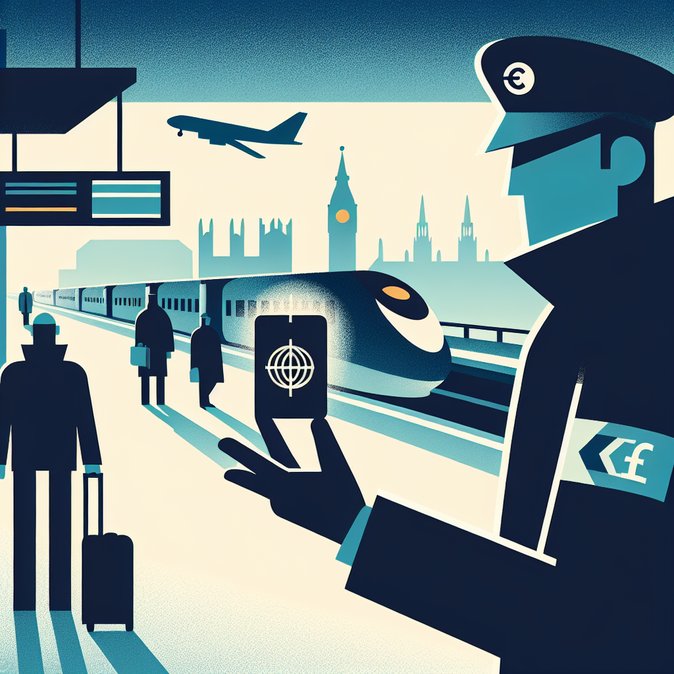
Eurostar services faced cascading delays on Sunday 23 November after a series of technical problems at Paris Gare du Nord throttled platform capacity for nine hours. Trains arriving from Brussels and London lost their slots, forcing subsequent departures to queue outside the station and creating knock-on delays across Belgium and the Netherlands.
Six separate delay notices were posted between 10:00 and 19:00, with some services holding up to 40 minutes. Corporate travellers reported missed meetings, while mobility managers scrambled to re-book executives on later trains or short-haul flights. Although Eurostar’s compensation rules kick in after a 60-minute delay, employers often shoulder the administrative burden.
![Gare du Nord Glitch Triggers Day-Long Eurostar Delays Across France-Benelux-UK Network]()
The incident exposes structural vulnerabilities at Europe’s busiest international rail hub: unlike London St Pancras, which has four through tracks, Gare du Nord relies on stub tracks that require trains to reverse out. A single glitch can therefore gridlock the entire throat of the station.
Eurostar warns that pressure will intensify as Belgian rail unions begin their three-day strike on 24 November. Mobility teams are advised to build extra buffers into itineraries, add real-time rail feeds to duty-of-care dashboards and budget for last-minute hotel stays when rail plans unravel.
Six separate delay notices were posted between 10:00 and 19:00, with some services holding up to 40 minutes. Corporate travellers reported missed meetings, while mobility managers scrambled to re-book executives on later trains or short-haul flights. Although Eurostar’s compensation rules kick in after a 60-minute delay, employers often shoulder the administrative burden.

The incident exposes structural vulnerabilities at Europe’s busiest international rail hub: unlike London St Pancras, which has four through tracks, Gare du Nord relies on stub tracks that require trains to reverse out. A single glitch can therefore gridlock the entire throat of the station.
Eurostar warns that pressure will intensify as Belgian rail unions begin their three-day strike on 24 November. Mobility teams are advised to build extra buffers into itineraries, add real-time rail feeds to duty-of-care dashboards and budget for last-minute hotel stays when rail plans unravel.


